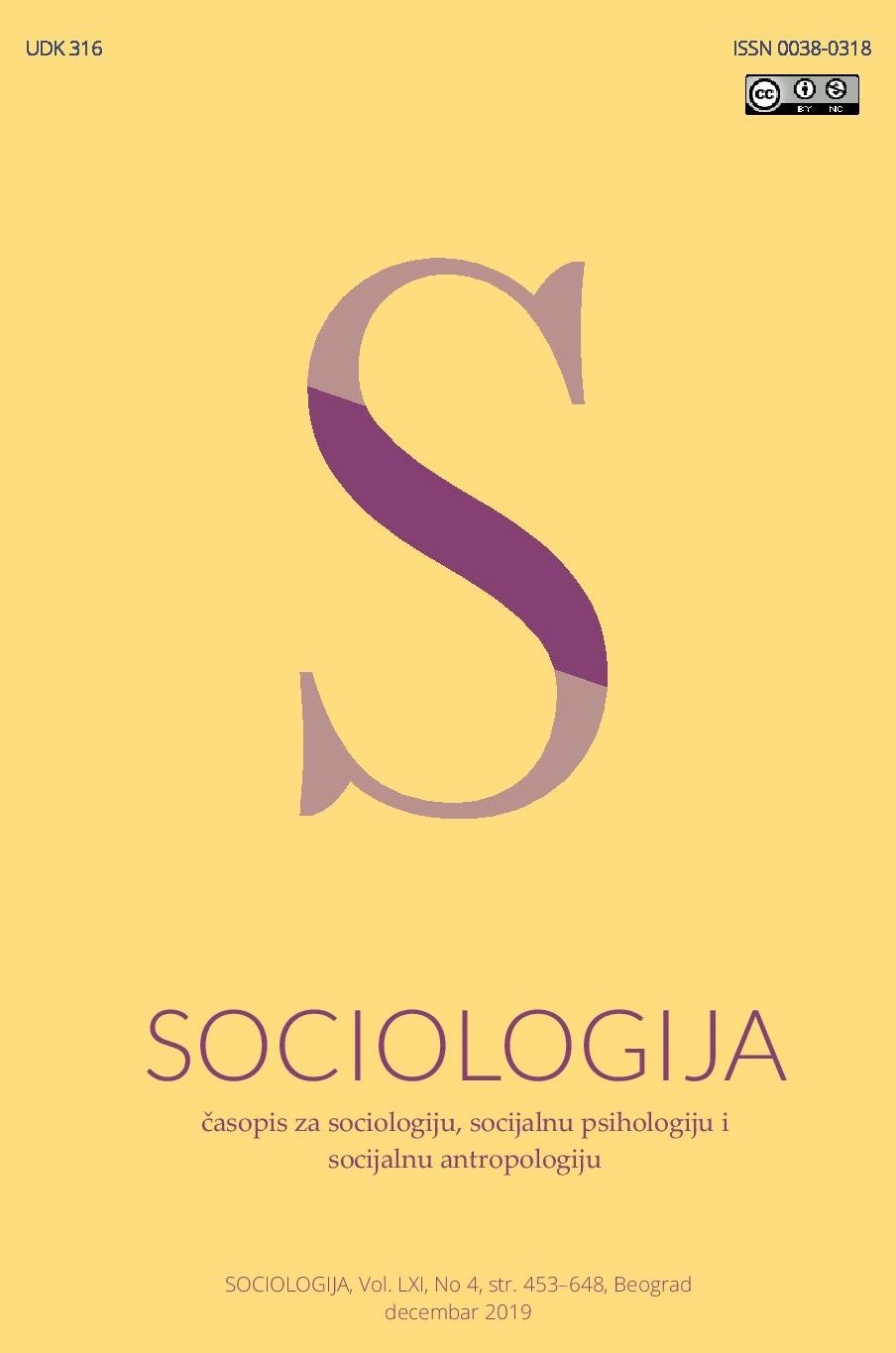Kultura interneta između stvarnosti i virtuelnosti: neoliberalni izazov teoriji Manuela Kastelsa
Internet Culture between Reality and Virtuality: Neoliberal Challenge to Manuel Castells’ Theory
Author(s): Nikola MlađenovićSubject(s): Social Sciences, Sociology, Social development, Social Informatics
Published by: Sociološko naučno društvo Srbije
Keywords: Manuel Castells; neoliberalism; sociology of internet; Big Data; populism
Summary/Abstract: This paper explores internet culture as a system of beliefs and rules that affect behaviour. Virtuality shapes culture through software accentuation of some aspects of simbolically processed reality. Castells believes the first wave of users arranged this symbolic mechanism. This paper focuses on the techno–meritocratic culture or scientific establishment: primarily neoliberal constructionism that influenced the network society’s informationalist mode of development. By following Fritz Machlup’s notion of knowledge, neoliberal scholarship increased the capacity of social management through technology. Castells shows network society is based on communication power: affective intelligence, political cognition or media technology serve as cultural network–making techniques. Knowledge is processed as Big Data and users are managed by computer assistance or cognitive insight applications. The crucial aspect of informationalist cybernetics is homophily, a criterion of similarity of users that receive analogous Facebook, Netflix or Amazon suggestions. The role of recommendation systems in construction of populism is discussed in second part. It is shown populism is a phenomenon constructed through a virtual network. Collective sense–making and cultural identity are informationalist products of Big Data’s symbolic mechanism. In concluding discussion, pre–digital social theories, like Bourdieu’s or Giddens’, are examined in context of cultural virtuality.
Journal: Sociologija
- Issue Year: 61/2019
- Issue No: 4
- Page Range: 550-564
- Page Count: 15
- Language: Serbian

